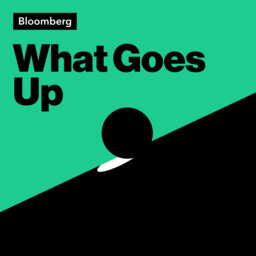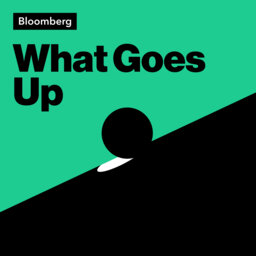Under-the-Radar Growth
Chris Mack, a portfolio manager at Harding Loevner, discusses his firm’s investment process and how his fund's hunt for “under-the-radar growth” stocks led him to some regional banks. He also discusses the defensive aspects of tech stocks in the age of Covid, and developments in the semiconductor industry, among other topics.
Mentioned in this podcast:
No Market Breadth, No Problem as Faangs Lift S&P 500 Higher
 What Goes Up
What Goes Up


